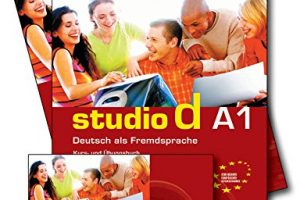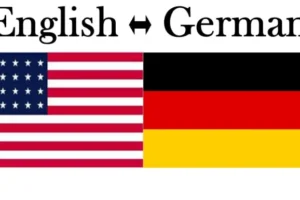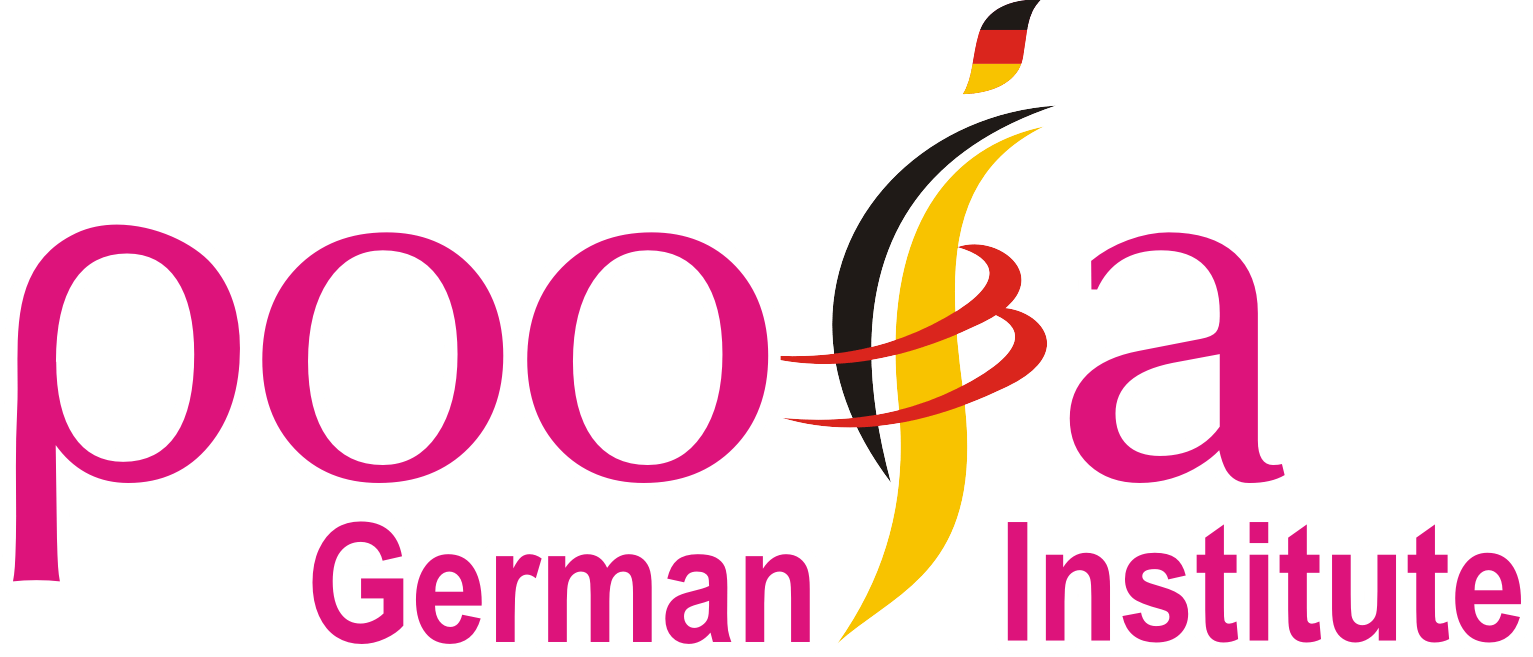
TELC Test
An worldwide test for ten languages is called TELC (The European Language Certificates). Since it is a standard test, the questions will be the same everywhere you take it.
The test provides a clear, accurate,
and reliable evaluation of one’s proficiency in a foreign language.
The Common European Framework of
Reference is followed by the TELC test (CEFR). As a result, they conduct tests
for specific objectives at various proficiency levels, from A1 to C2.
Who
conducts TELC test?
The Frankfurt-based Telc GmbH is in
charge of delivering the Telc language exams.
The German Adult Education
Association’s subsidiary, Telc GmbH, is a non-profit organization (DVV). It
manages all parts of the test in Germany and other nations, performs the test
marking, and collaborates with institutions.
An acknowledged test of European
language is the TELC. For this reason, this credential is recognised by
numerous countries and organizations.
Many nations accept TELC as evidence
of language proficiency for citizenship and work permits, including the
Austrian, German, and Swiss governments.
The ability to communicate in another
language is essential in today’s worldwide industry. A language certification,
such as the TELC, can open up career opportunities for you globally and give
your resume a significant advantage.
Ten languages are now supported by the
TELC test.
The exam is offered in nine European
languages. This includes Russian, Polish, Turkish, Italian, Portuguese,
Spanish, French, German, and English.
The sole language spoken in Asia is
Arabic.
Who
accepts TELC?
A well-known language test is the
Telc. It has international fame.
The TELC certification is recognized
by many governments, universities, government agencies, academic institutions,
and businesses.
To name a few countries, TELC
collaborates and works with numerous institutions in Spain, Germany, Hungary,
Poland, the UK, and Turkey.
For citizenship and residency permits,
for instance, Switzerland and the Austrian government accept TELC as proof of
language proficiency.
The Austrian Federal Ministry for
Foreign Affairs, Education, Science, and Cultural Affairs has approved the
Austrian German Language Diploma (OSD – sterreichisches Sprachdiplom Deutsch),
a German test.
It rates German as a second language
and a foreign language.
You may also like

Basic level A1

Intermediate Level – B1

